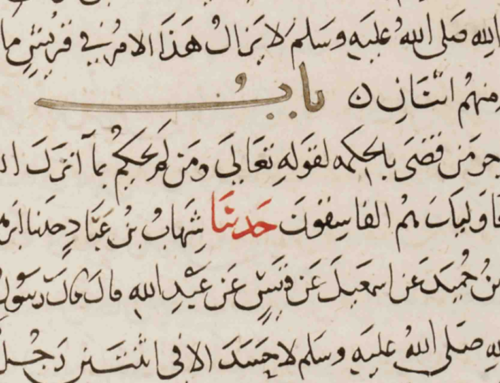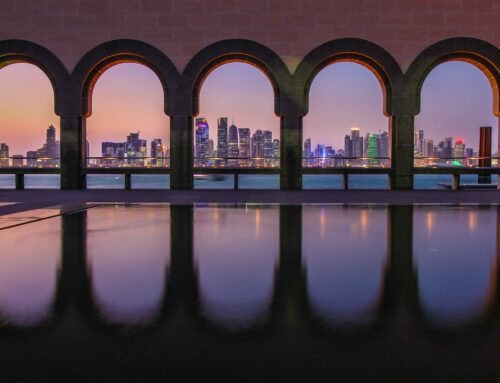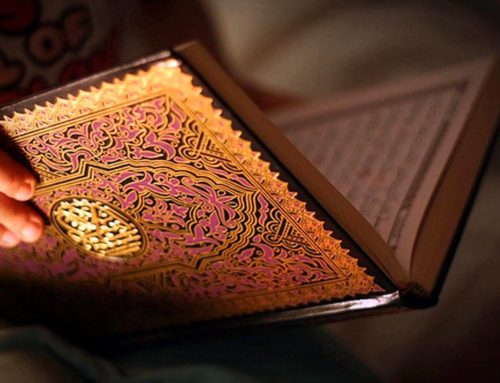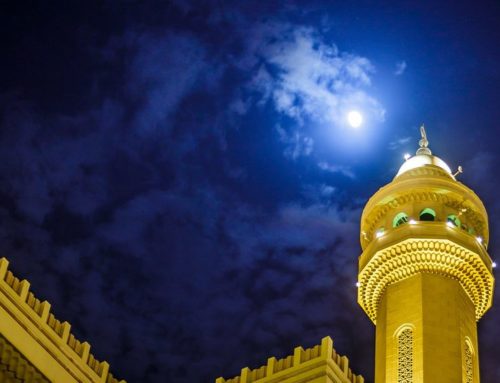Translated by Zameelur Rahman
The difference between tasarruf and karamah is that tasarruf comes about by the usage of natural means, like the imaginative or contemplative faculties, and it is from the commonly acquired skills. Acceptance from Allah Almighty and even being Muslim have no bearing on it, since many disbelievers like the Brahmans of India and the atheists of Europe called “Mesmerists” today perform it.
Yes, since the basis of this faculty is the collectiveness of the mind and the unity of thought, it often occurs to some of those engaged in the remembrance of Allah Almighty who shun the world and what is in it, for they are at a high degree of collectiveness of mind and unity of thought. Its performance has been reported from some of them on some occasions, although the gnostics from them would scorn this and consider it a deficiency of complete servitude. This is why tasarruf has not been reported from the Prophets (upon them peace) at all.
Because it proceeds from some saints, tasarruf has become confused with karamah, although it is not in reality a part of karamah at all. Rather, karamah is the act of Allah (Glorified and Exalted is He) without the medium of natural means like imagination and contemplation, and the intention and volition of the performer of the miracle have no bearing on it, just like mu‘jizah. There is no difference between mu‘jizah and karamah except that the first is exclusive to Prophets (upon them peace) and is from the signs of prophethood, while the second is exclusive to saints and is from the signs of sainthood, and both of them proceed without the medium of natural means and without the intervention of the intention and volition of their [performers]. [1]See The Reality of Miracles
The upshot is that tasarruf is not a part of sainthood and [is not a sign of] acceptance with Allah Almighty at all, although it may have proceeded from some saints also. Yes, miracles are a sign of acceptance with Allah Almighty and of the saintliness of its performer.
In this context [i.e. Qur’an verses 27:38-40], both matters of karamah and tasarruf are conceivable from the companion of Sulayman (upon him peace). However, the exegetical narrations which have preceded indicate outwardly that it was a karamah since it was a consequence of his supplication using the Greatest Name of Allah. If it is said his statement: “I will bring it to you before your glance returns to you,” (27:40) indicates outwardly that it was intentional and volitional and this is a sign of tasarruf and not karamah, we say: It is possible that Allah Almighty inspired in his heart the acceptance of the supplication and the emergence of a karamah at his hands, so he said what he said based on the report of Allah (Glorified and Exalted is He), not based on it being intentional and volition. This is what our teacher [Mawlana Ashraf ‘Ali al-Thanawi] – may his sciences last – taught us.
Ahkam al-Qur’an, Idarat al-Qur’an wa al-‘Ulum al-Islamiyyah, Karachi: Pakistan, Third Edition, 1429 H, 3:38-9
| ↑1 | See The Reality of Miracles |
|---|







Does Ittihaadi Tawajjuh come under tasarruf?
“Regarding such transference of spiritual and celestial energy and ability, known to the Masha-ikh as Tawajjuh, there are four kinds:
4. Ittihaadi (Unification): In this type of Tawajjuh, the Shaikh diffuses his rooh into the rooh of the mureed to such a degree that both souls are united into a single soul. It is quite obvious that this form of Tawajjuh is the strongest. As a result of the unification of the two souls, the mureed is not in need of repeatedly seeking spiritual gain. The Sufiyaa regard this form of Tawajjuh to be of great importance although its incidence is rare.”
You have said that that there is 4 types of tawajju, and explaines one type.Please can you describe the other 3 types.Jazakallah
salaam,
There is a story I have come across of how a disciple of a christian saint saw light coming from his face whilst he was in prayer. What is the nature of this so called light?
I believe light is only from Allah, can this be istidraaj?
Wassalaam.